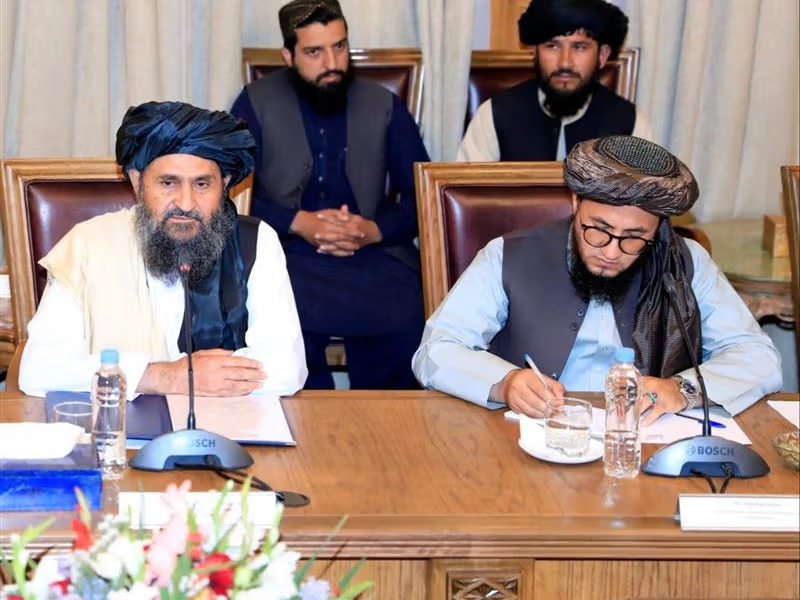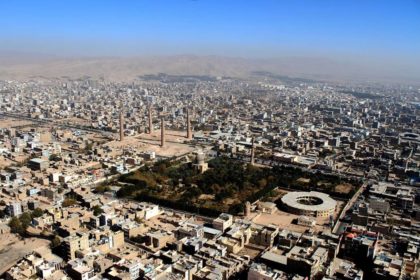RASC News Agency: Following widespread reports implicating Abdullah Azzam, the chief of staff to Taliban deputy prime minister for economic affairs, Mullah Abdul Ghani Baradar, in large-scale financial corruption, Azzam has attempted to dismiss the allegations as baseless. Multiple independent media outlets, citing well-placed sources within the Taliban’s economic administration, have alleged that Azzam played a central role in rigging lucrative fuel contracts. According to a detailed exposé published by Zawiya News, Azzam deliberately bypassed open bidding processes, awarding multi-million-dollar contracts to favored companies, effectively undermining transparency and entrenching corruption at the highest levels of Taliban governance.
Documents reviewed by journalists reveal that Azzam, in collusion with Ali Ahmad, head of Afghanistan Telecom, and Ahmad Jan Bilal, chief of Taliban-affiliated enterprises, was directly involved in a controversial oil contract. During the third round of bidding, 11 companies submitted tenders, four of which were formally declared winners after depositing substantial financial guarantees. However, in blatant violation of legal procedures, the contract was ultimately handed to a foreign firm that had neither participated in the bidding nor engaged in negotiations. Companies that lost out on the deal have accused Taliban officials of deliberate fraud. Each firm reportedly deposited a guarantee of 10 million Kabul rupees and had already imported and stored part of the fuel supply. Yet their contracts were illegally revoked and redirected to the foreign company under Azzam’s patronage. Even more troubling, their formal complaints were ignored by Mullah Baradar’s office, deepening suspicions of orchestrated corruption. Taliban’s own National Procurement Authority has reportedly confirmed irregularities and forgery in the process an extraordinary indication of how blatant the abuse has become.
Despite mounting evidence, Azzam has taken to social media platform X in a desperate bid to defend himself. He claimed that two previous tenders failed because no company agreed to cooperate, and that in the third round, although 11 companies participated, the four declared winners lacked “technical and financial capacity” and were unwilling to offer meaningful discounts. According to his narrative, the foreign firm Sun Sky Global eventually secured the contract by offering fuel at 25 rupees per liter, allegedly saving 42 million rupees for the regime. Observers, however, point out that Azzam’s justification rings hollow, given the long-standing pattern of Taliban officials manipulating contracts for personal enrichment under the guise of efficiency. The dismissal of local firms that had already invested heavily, combined with the sudden involvement of a previously absent foreign company, has fueled further suspicion of kickbacks and shadow deals benefiting Taliban elites.
In a final attempt to deflect accountability, Azzam branded the accusations “groundless” and threatened legal action against the companies that dared to voice complaints, describing their grievances as “defamatory.” His remarks reflect the Taliban’s broader authoritarian approach: instead of addressing corruption, the regime seeks to silence those who expose it. The scandal adds to the growing perception of the Taliban as a deeply corrupt and unaccountable administration. While ordinary Afghanistanis suffer under worsening poverty, unemployment, and economic collapse, senior Taliban figures appear engaged in profiteering schemes that prioritize personal gain over national welfare.






